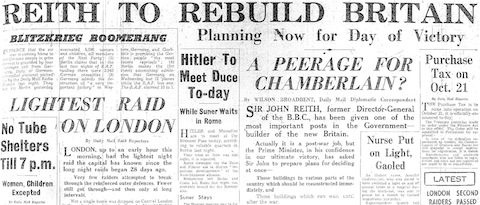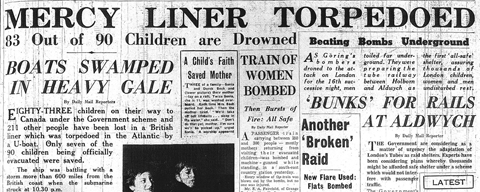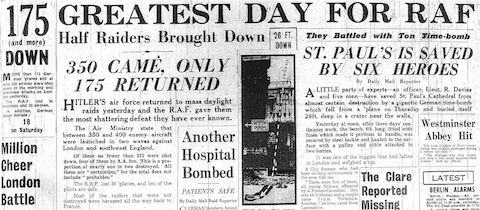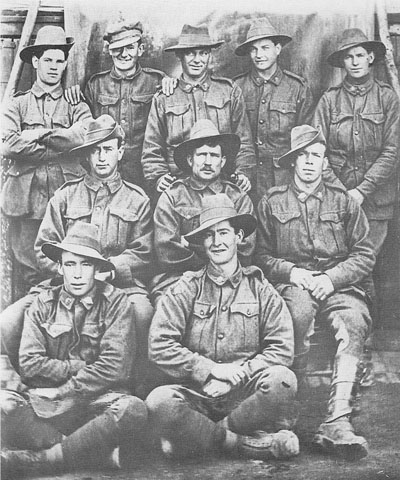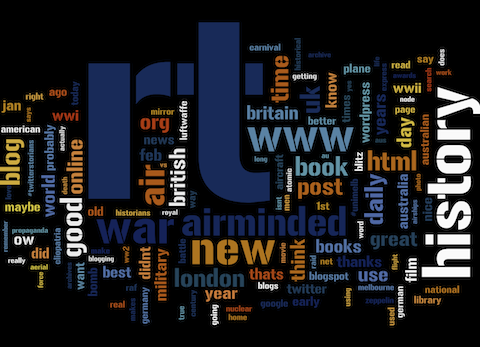Post-blogging 1940: preliminary thoughts and conclusions
7 October was not the end of the Blitz or even of the Battle of Britain, but it is the end of my post-blogging of 1940, at least for now. The main reason for this is because I’m running out of primary sources, especially the Daily Mail. But as I think I’ve shown, in the […]


